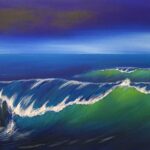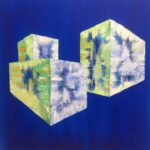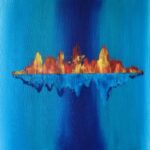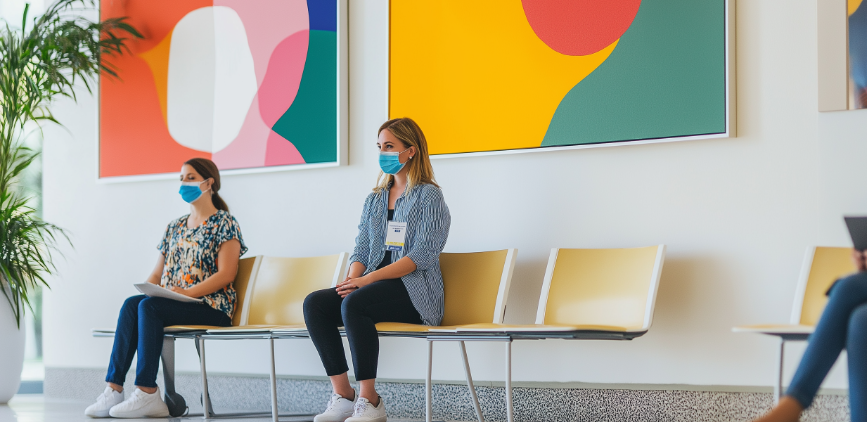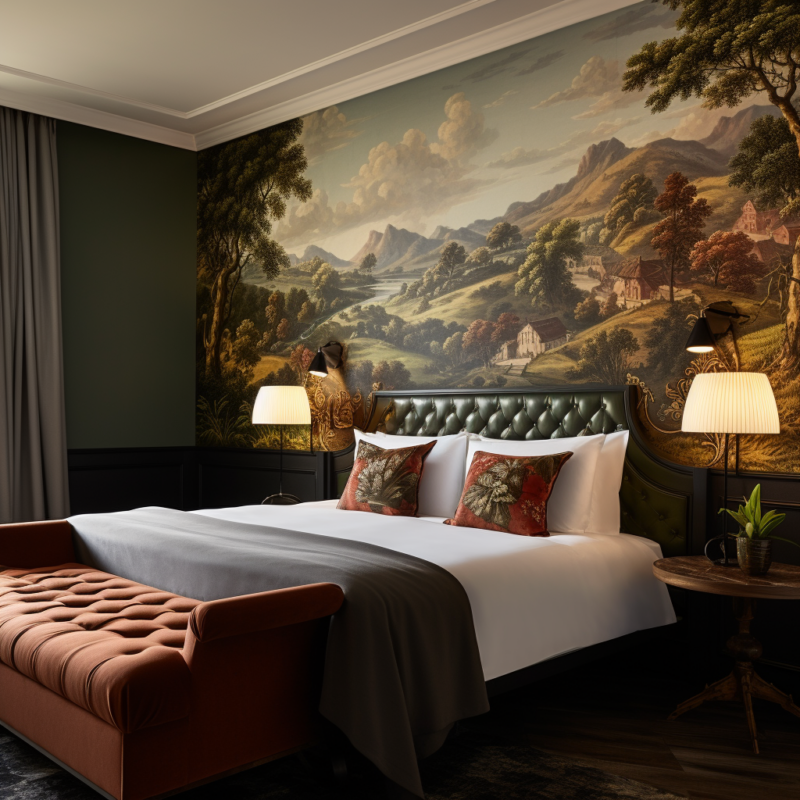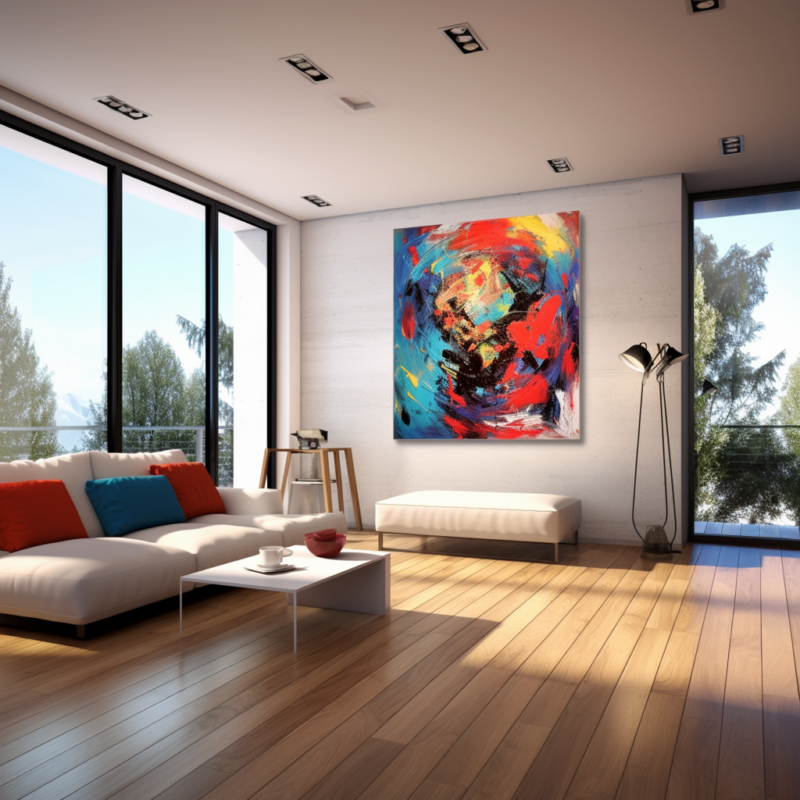Art has a profound impact on individuals, transcending its aesthetic appeal to influence attention, emotions, well-being, attitudes, booking intentions, and hospitality. In various settings, visual art emerges as a dynamic force that shapes experiences and perceptions.
Art and Attention: Visual art objects possess a unique ability to captivate and direct people’s attention. The interplay of colors, forms, and compositions in art pieces can act as a magnet, drawing individuals into a contemplative space. Whether through bold strokes or intricate details, visual art in public spaces or private settings serves as a focal point that engages and sustains attention.
Art and Emotions: Visual art is a powerful conduit for evoking emotions. The carefully chosen elements within a piece—colors, shapes, symbolism—create a visual language that speaks to the viewer’s emotions. A painting may convey serenity through calming colors or stimulate excitement through dynamic compositions. The emotional resonance of art enhances the overall aesthetic experience, making it a deeply personal and subjective encounter.
Art and Well-being: The impact of visual art on human well-being is increasingly recognized. Art in various forms has been linked to reduced stress, enhanced mood, and improved cognitive function. Whether it’s a vibrant mural in a public space or soothing artwork in a healthcare setting, visual art contributes to creating environments that promote overall well-being.
Art and Attitudes: Visual art can shape individuals’ attitudes not only toward the artwork itself but also toward the surrounding environment. In hospitality settings, carefully curated art can enhance the overall ambiance and influence guests’ attitudes toward the place they stay. Art becomes an integral part of the atmosphere, contributing to a positive and memorable experience.
Art and Booking Intentions: The presence of visual art on the walls of hotels or Airbnb properties plays a crucial role in shaping guests’ booking intentions. Artistic elements contribute to the overall character of a space, influencing guests’ perceptions of the establishment. A thoughtfully adorned space can attract guests and contribute to their willingness to stay, fostering a sense of comfort and uniqueness.
Art and Hospitality: Visual art is seamlessly integrated into the hospitality industry, enhancing the overall guest experience. From hotel lobbies adorned with contemporary artworks to Airbnb properties featuring local art, the use of visual art creates a distinctive and memorable atmosphere. Art becomes a key component in establishing the identity and character of hospitality spaces.
In conclusion, the effects of art extend far beyond mere aesthetics. Visual art captivates attention, elicits emotions, contributes to well-being, shapes attitudes, influences booking decisions, and plays a pivotal role in the realm of hospitality. As a multifaceted tool, art enriches the human experience, making spaces more vibrant, meaningful, and conducive to positive interactions.



